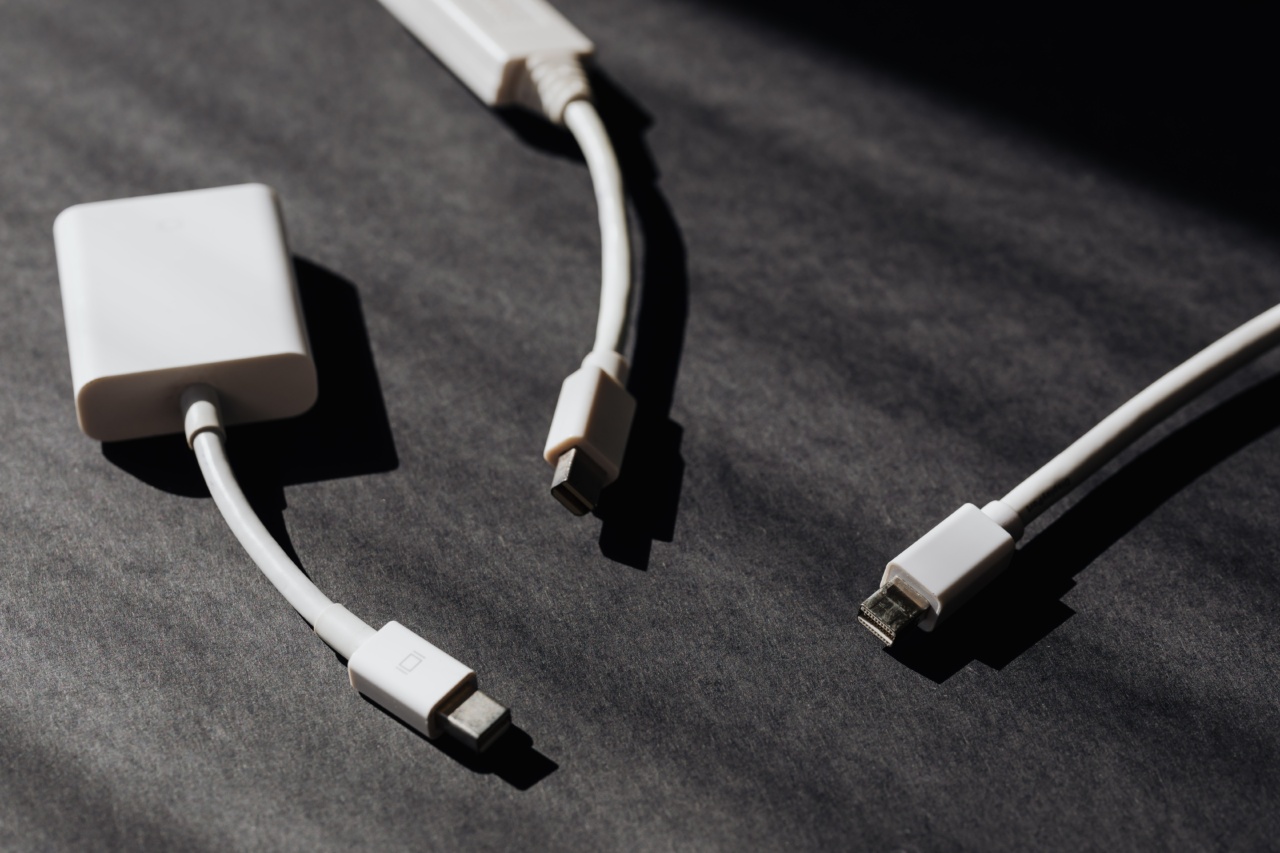Caffeine is the world’s most popular psychoactive drug, found in coffee, tea, soda, and many other items. It has been a part of human consumption for centuries and is consumed by millions of people worldwide.
But with increased consumption of caffeine, comes increased concerns about its effects on our bodies, especially in terms of high blood pressure.
What is high blood pressure?
High blood pressure, also known as hypertension, is a serious condition that occurs when the blood flowing through your arteries flows consistently at a high level.
This can cause your heart to work harder than it should, and with time, this added strain can lead to serious health problems such as stroke, heart attack, and kidney failure.
What causes high blood pressure?
The exact causes of high blood pressure are not always known, but there are several factors that can increase your risk:.
- Excess weight
- Lack of exercise
- Stress
- A diet high in salt, saturated fat, and cholesterol
- Smoking and alcohol consumption
- Age and genetics
How does caffeine affect blood pressure?
Caffeine is a stimulant that can cause a temporary increase in blood pressure. When you drink caffeine, it causes your adrenal glands to release cortisol, a hormone that activates your fight-or-flight response.
This response causes your heart to beat faster and your blood vessels to narrow, both of which can increase your blood pressure.
How much caffeine is too much?
While there is no specific level of caffeine that is universally considered safe or dangerous, the general recommendation is that caffeine consumption should be limited to no more than 400 milligrams (mg) per day.
This amount is roughly the equivalent of four cups of coffee.
Are there any other health effects of caffeine?
Aside from its effects on blood pressure, caffeine consumption can also cause other health problems. For example, caffeine can cause insomnia, anxiety, and restlessness. It can also cause gastrointestinal problems, such as acid reflux and diarrhea.
Are there any benefits to caffeine consumption?
Yes, there are some potential health benefits to caffeine consumption. Caffeine has been shown to improve physical performance, increase alertness, and reduce the risk of some diseases, such as Parkinson’s disease and liver cancer.
What are some alternatives to caffeine?
If you are looking to reduce your caffeine intake, there are many alternatives you can try. Some of these include:.
- Decaf coffee or tea
- Herbal tea
- Water, fruit juice, or vegetable juice
- Natural energy boosters, such as ginseng or rhodiola
Conclusion
While caffeine can cause a temporary increase in blood pressure, it is generally considered safe in moderation for most people. However, if you have high blood pressure, you may want to consider reducing your caffeine intake or avoiding it altogether.
In addition, there are many alternatives to caffeine that you can try if you want to reduce your intake.




























